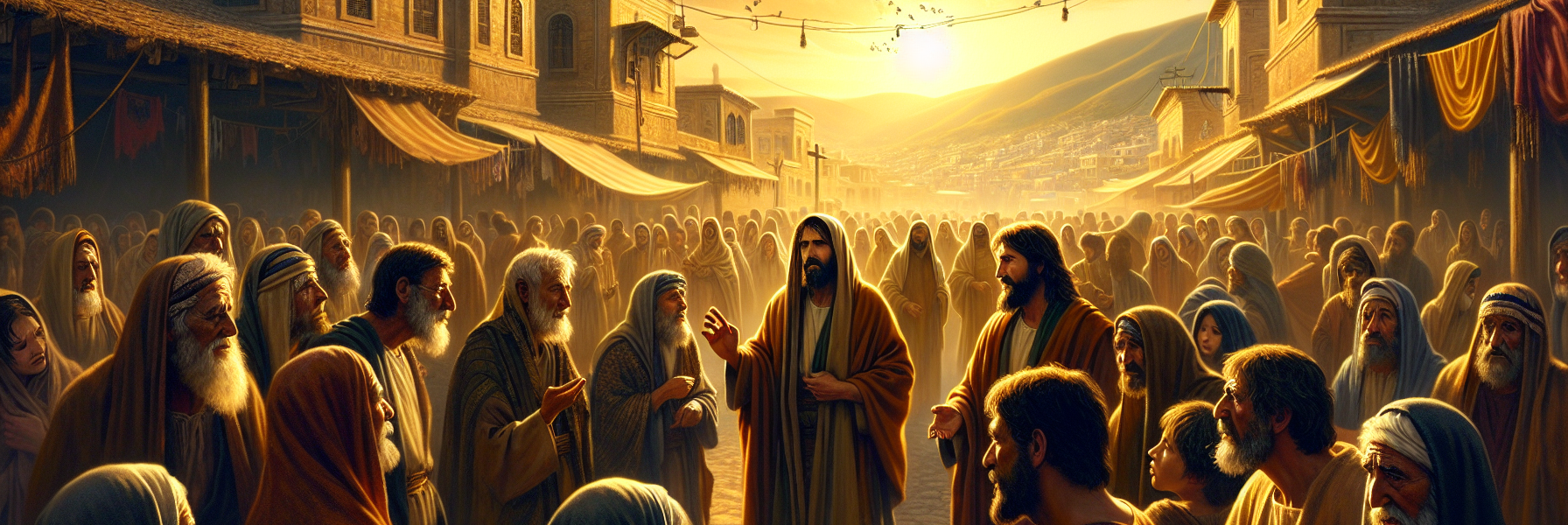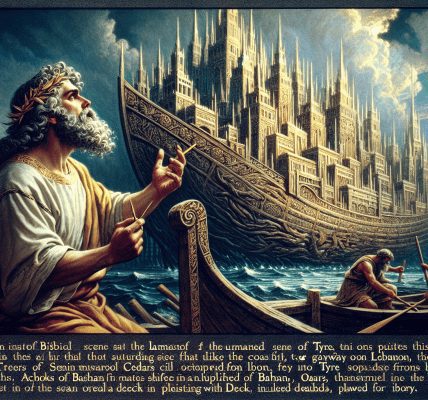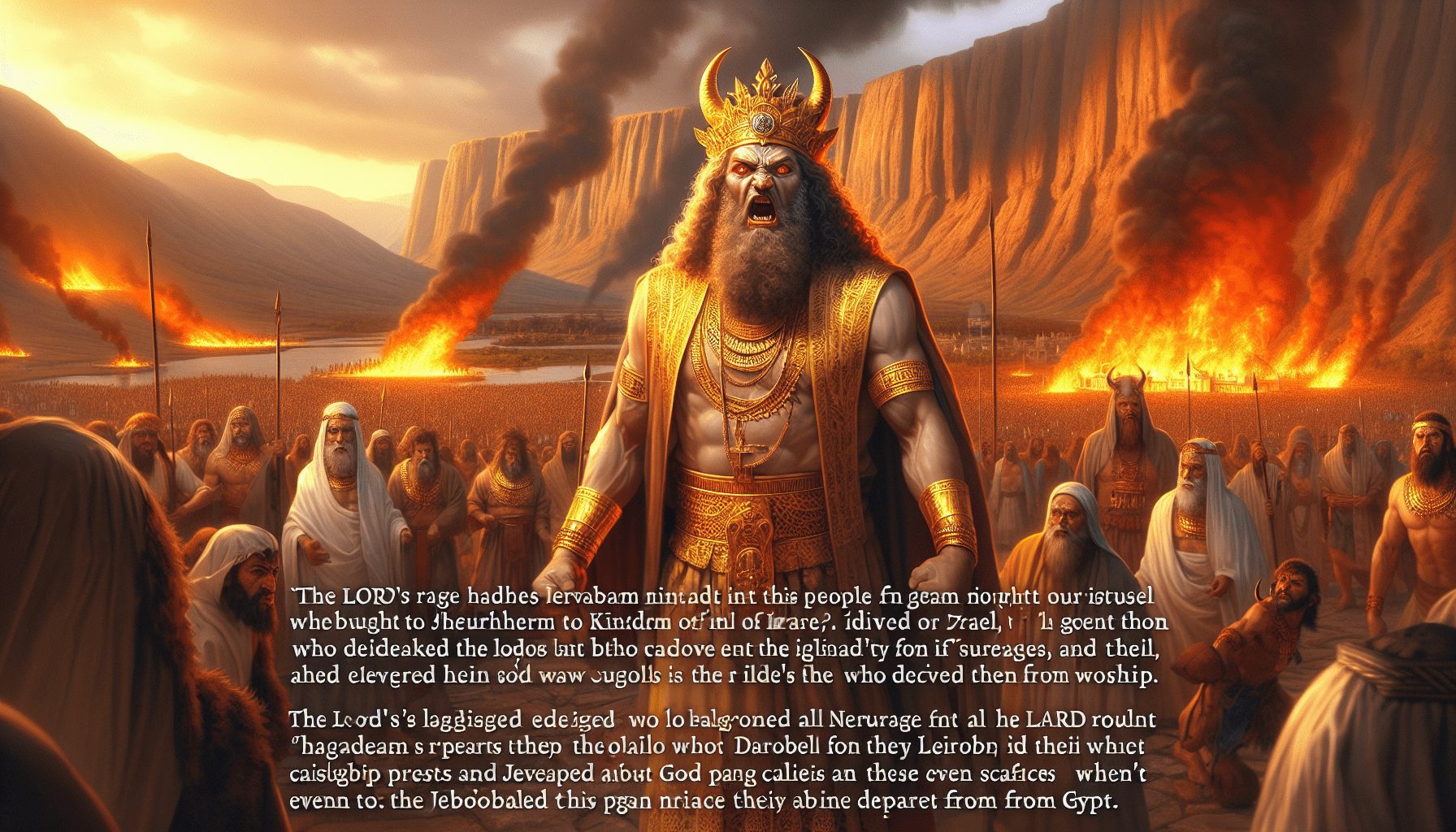**The Healing of the Centurion’s Servant and the Compassion of Jesus**
The sun hung low over the hills of Capernaum, casting golden light upon the bustling streets where merchants called out their wares and fishermen mended their nets by the sea. Jesus had just finished teaching a crowd near the shore, speaking with authority about the kingdom of God, when a group of elders from the synagogue approached Him with urgency in their steps.
Among them was a man named Jairus, his face lined with concern. “Teacher,” he said, bowing respectfully, “there is a Roman centurion in this town, a man of great standing, who has a servant whom he values highly. This servant is sick—at the point of death.”
The crowd murmured at the mention of a Roman officer. The Jews had little love for their oppressors, yet the elders continued, their voices earnest. “This centurion is worthy of Your help, for he loves our nation and has built our synagogue with his own funds.”
Jesus listened intently, His eyes reflecting deep compassion. Without hesitation, He said, “I will go and heal him.”
As Jesus and His disciples made their way through the narrow streets, word reached the centurion that the Healer was coming. But before Jesus could enter his home, the officer sent friends to intercept Him with a message. “Lord,” they said, “do not trouble Yourself, for I am not worthy to have You come under my roof. That is why I did not presume to come to You myself. But only say the word, and my servant will be healed.”
The crowd fell silent, struck by the humility and faith of this Gentile soldier. The centurion understood authority—he commanded men who obeyed his every word. And in Jesus, he recognized a greater authority, one who could command sickness itself to depart.
Jesus turned to the crowd, His voice filled with awe. “I tell you, not even in Israel have I found such faith.”
At that very moment, the friends of the centurion returned to his house and found the servant completely healed, just as Jesus had spoken.
**The Widow’s Son Restored to Life**
Not long after, Jesus journeyed to the town of Nain, His disciples and a large crowd following Him. As they approached the gates of the city, a mournful procession met them—a young man, the only son of a widow, was being carried out for burial. The woman walked behind the bier, her face streaked with tears, her grief so deep that even the hardest hearts in the crowd ached for her.
When the Lord saw her, His heart was moved with compassion. He stepped forward and gently touched the bier, causing the pallbearers to halt. Then, with a voice both tender and commanding, He said to the dead man, “Young man, I say to you, arise.”
A gasp rippled through the crowd as the young man’s chest rose with breath. His eyes fluttered open, and he sat up, alive once more. Jesus took him by the hand and presented him to his mother, whose tears of sorrow turned to cries of joy.
Fear and awe swept over the people. “A great prophet has arisen among us!” they exclaimed. “God has visited His people!” And the news of this miracle spread like wildfire throughout Judea and beyond.
**John the Baptist’s Question and Jesus’ Response**
Meanwhile, in the dark confines of Herod’s prison, John the Baptist sat in chains. His disciples brought him reports of Jesus’ works, but doubt gnawed at him. Had he been right about the Messiah? If Jesus was the One to come, why was John suffering?
Summoning two of his followers, John sent them to Jesus with a question: “Are You the One who is to come, or shall we look for another?”
When the men found Jesus, He was in the midst of healing many who were blind, lame, and diseased. Demons fled at His command, and the poor heard the good news preached to them. Instead of answering directly, Jesus turned to John’s disciples and said, “Go and tell John what you have seen and heard: the blind receive their sight, the lame walk, lepers are cleansed, the deaf hear, the dead are raised, and the poor have good news preached to them. And blessed is the one who is not offended by Me.”
As the messengers departed, Jesus spoke to the crowd about John. “What did you go out into the wilderness to see? A reed shaken by the wind? A man dressed in soft clothing? No, a prophet—and more than a prophet. Among those born of women, none is greater than John. Yet the one who is least in the kingdom of God is greater than he.”
The people, including the tax collectors who had been baptized by John, rejoiced at these words. But the Pharisees and experts in the law, who had rejected John’s baptism, only hardened their hearts further.
**A Sinful Woman Anoints Jesus’ Feet**
Later, Jesus was invited to dine at the house of a Pharisee named Simon. As He reclined at the table, a woman of the city—known to all as a sinner—entered with an alabaster flask of fragrant oil. Weeping, she knelt behind Jesus, her tears falling upon His feet. She wiped them away with her hair, kissed them, and anointed them with the costly perfume.
Simon watched with disdain. “If this man were a prophet,” he thought, “He would know what kind of woman is touching Him!”
But Jesus, perceiving his thoughts, turned to him. “Simon, I have something to say to you.”
“Say it, Teacher,” Simon replied.
“A certain moneylender had two debtors. One owed five hundred denarii, the other fifty. When they could not pay, he forgave them both. Now, which of them will love him more?”
Simon answered cautiously, “The one, I suppose, for whom he cancelled the larger debt.”
Jesus nodded. “You have judged rightly.” Then, gesturing to the woman, He continued, “Do you see this woman? I entered your house, and you gave Me no water for My feet, but she has washed them with her tears. You gave Me no kiss, but she has not ceased kissing My feet. You did not anoint My head with oil, but she has anointed My feet with perfume. Therefore, I tell you, her sins—which are many—are forgiven, for she loved much. But he who is forgiven little, loves little.”
Then, turning to the woman, He said tenderly, “Your sins are forgiven. Your faith has saved you; go in peace.”
The guests murmured among themselves, “Who is this who even forgives sins?” But the woman left with a heart full of joy, knowing she had been made whole by the mercy of the Savior.
And so, through these acts of power and compassion, Jesus revealed the heart of God—a heart that welcomes the humble, raises the broken, and forgives the repentant. The kingdom had come near, and those with eyes to see rejoiced in its light.




